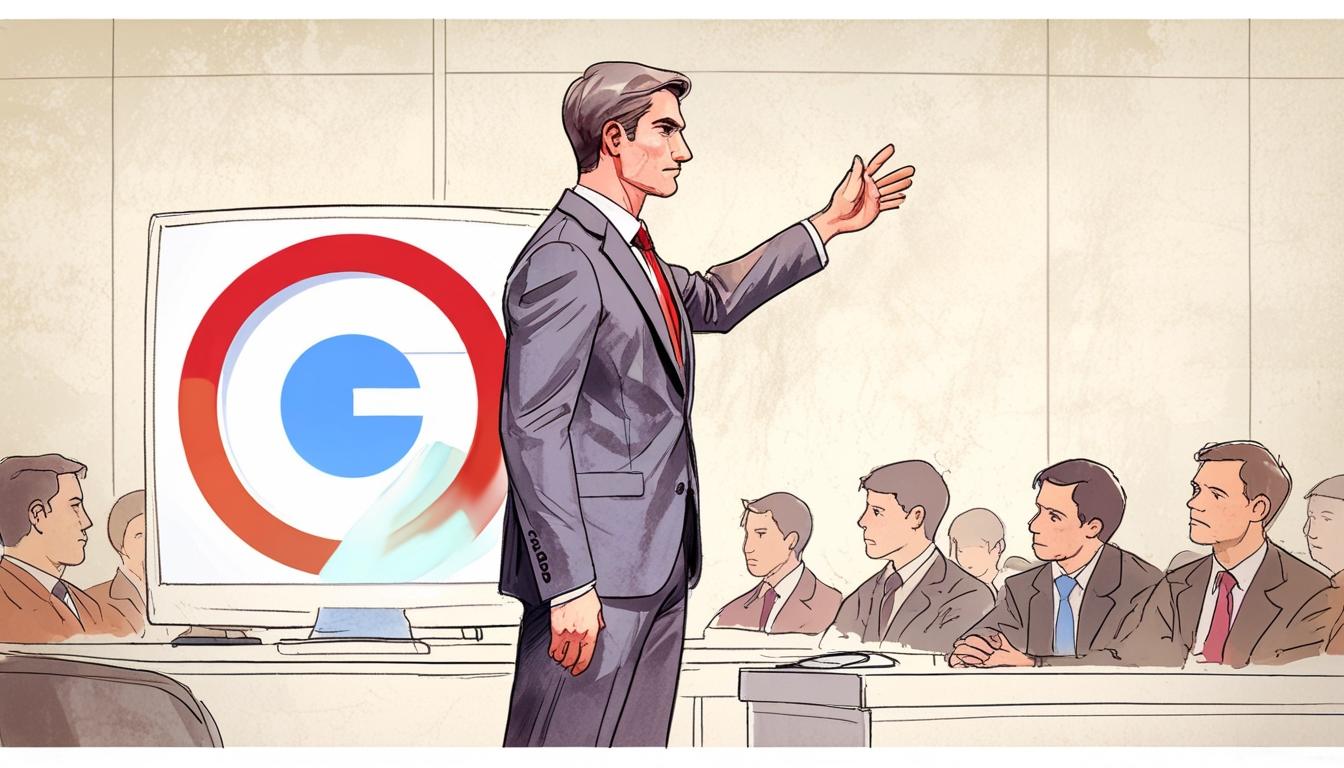During recent proceedings in the federal trial addressing Google’s dominance in the search engine market, Dmitry Shevelenko, Chief Business Officer of AI company Perplexity, took an unexpected turn from his subpoenaed testimony to propose a business opportunity: the acquisition of Google’s Chrome browser. The trial, presided over by Judge Amit Mehta, could potentially order Google to divest Chrome, its widely used web browser based on the Chromium open source project, as part of remedies posed by the US Department of Justice (DOJ) to curb Google's monopolistic practices.
Shevelenko, who was called upon by the DOJ to illustrate how Google's search market control adversely impacts emerging generative AI firms, indicated that Perplexity would be capable of running a browser at Chrome’s scale without compromising its quality or introducing charges. When questioned about alternatives to Google’s stewardship of such a browser, Shevelenko stated, “I think we could do it,” highlighting Perplexity’s confidence despite being a relatively new player in the technology ecosystem, founded less than three years ago.
Perplexity has previously surfaced as a contender for significant technology assets under regulatory scrutiny; notably, the company has expressed interest in acquiring TikTok amid US governmental measures linked to national security concerns surrounding ByteDance, TikTok’s China-based parent company.
In his testimony, Shevelenko detailed the challenges Perplexity faces in competing against Google's entrenched position, particularly in mobile ecosystems. He referred to the “jungle gym” of settings on Android devices users must navigate to replace Google’s AI assistant with Perplexity’s default, a process complicated enough that even he had to call a colleague for help. Furthermore, unlike Google’s assistant, which can be activated using a wake word such as “Hey Google,” Perplexity's requires a manual button press, underscoring disparities in user accessibility.
The CBO also recounted negotiations with various mobile manufacturers, many of which were obstructed by fears of jeopardising revenue from Google or violating contracts with Google. Shevelenko conveyed that companies bound by Google’s contractual terms face what he described as “a gun to [their] head,” given Google’s power to withhold substantial revenue streams if partners deviate from approved arrangements.
Judge Mehta has already found in earlier stages of the case that Google employed exclusionary agreements to secure dominant placement of its search engine on mobile devices and browsers, restricting competitors from securing similar default statuses. Supporting this, Shevelenko described a scenario with a phone manufacturer, believed to be Motorola based on public disclosures, which agreed to preload the Perplexity assistant on its devices but was barred from making it the default assistant due to obligations to Google.
While Shevelenko welcomed the ruling pressuring Google as creating room for dialogue with hardware partners, he voiced reservations about dismantling Google’s structure entirely. Ahead of testifying, Perplexity had posted on LinkedIn opposing Google’s breakup. In court, Shevelenko cautioned against a scenario where entities like OpenAI might acquire Chrome and potentially restrict or degrade the open source Chromium platform, stressing a desire for remedies that would not “cripple Google’s ability to keep doing” product innovation. “We wouldn’t want a remedy that cripples Google’s ability to keep doing that,” he said.
The unfolding trial offers an insightful window into the complexities of regulating technology monopolies and the challenges faced by emergent competitors navigating ecosystems dominated by established giants. The possibility of Google being compelled to spin off its Chrome browser would represent a significant restructuring of digital infrastructure, with implications extending across the internet browser industry and beyond.
Source: Noah Wire Services
